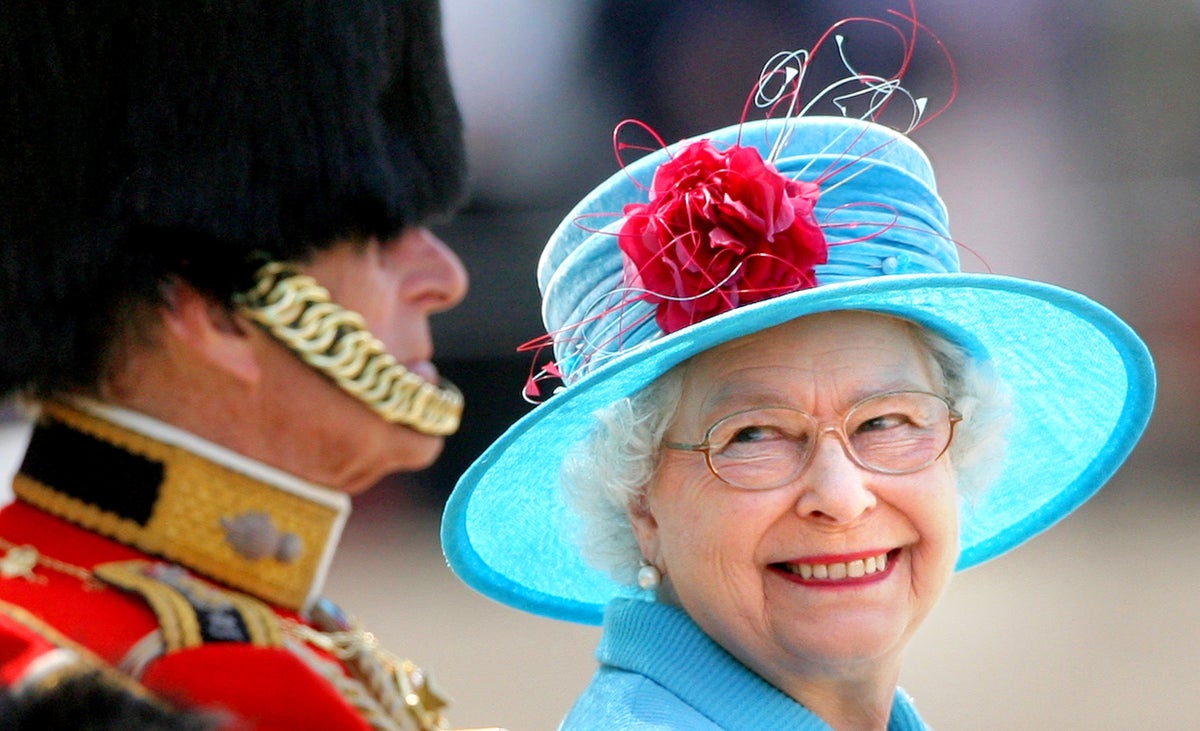
The Duke of Cambridge signalled that the monarchy will support any decisions made by countries to remove the Queen as head of state and become a republic.
Prince William said in a speech in the Bahamas that although “relationships evolve” between countries, “friendship endures”, amid a string of protests that marked his and Kate Middleton’s Platinum Jubilee tour of three Caribbean countries.
His comments come as Jamaica indicated it has started the process to remove Queen Elizabeth II as head of state - following in the footsteps of Barbados, which became the latest Commonwealth country to do so in November 2021.
Barbados became a republic during a ceremony last year after 40 years under the British monarchy.
The Queen sent her “warmest good wishes” to the new republic of Barbados, and said she anticipated “the continuation of the friendship between our two countries and people”.
Her Majesty said: “As you celebrate this momentous day, I send you and all Barbadians my warmest good wishes for your happiness, peace and prosperity in the future.”
Other Commonwealth countries have proposed replacing the Queen as head of state in recent years, including Australia. Of the 32 countries she has acted as sovereign over during her 69 years on the throne, 17 have removed her from that position.
But what is the Queen’s current position in the remaining countries, and how much power does she have over them?
Which countries still recognise Queen Elizabeth II as head of state?
The Queen was once the recognised head of state for all the Commonwealth countries and ruled over them the same way she does in the UK.
She was recognised as such after the death of her father, King George VI, who was the head of the Commonwealth as stated in the London Declaration of 1949.
Today, the Queen is head of state of 15 countries in the Commonwealth realm, including the UK. The other nations are Australia, Canada, New Zealand, Antigua and Barbuda, The Bahamas, Belize, Grenada, Jamaica, Papua New Guinea, Saint Lucia, Solomon Islands, St Kitts and Nevis, and St Vincent and the Grenadines.
She is also recognised as head of state in a number of overseas territories belonging to the UK, Australia and New Zealand, which are not in the Commonwealth, such as Gibralta, the Falkland Islands, Bermuda and the Cayman Islands.
Which countries is the Queen no longer the head of state?
While Barbados was the latest country to gain independence and replace the Queen with a president, it is not the first to do this.
The last country to take the same action was Mauritius in 1992. Prior to that, Dominica did the same in 1978, Trinidad and Tobago in 1976, and Guyana in 1970.
Will other countries remove the Queen as head of state?
Jamaica’s prime minister Andrew Holnes suggested to the Duke and Duchess of Cambridge during their visit there earlier this week that his country may be the next to become a republic.
He told the Cambridges, when he welcomed them to Kingston on Wednesday, Jamaica was “moving on” and intended to “fulfil our true ambitions and destiny as an independent, developed, prosperous country”.
Belize has also indicated that it is considering doing the same.
After the Cambridges left Belize, Henry Charles Usher, minister for constitutional and political reform, reportedly told the country’s parliament: “Madame Speaker, the decolonisation process is enveloping the Caribbean region.
“Perhaps it is time for Belize to take the next step in truly owning our independence. But it is a matter that the people of Belize must decide on.”
Australia has also had several debates on the matter. The last time the country held a referendum to remove the Queen as head of state was in 1999, but 54.9 per cent voted in favour of keeping her.
In 2008, former prime minister Kevin Rudd said he was committed to removing the Queen as head of state, but she remains in that position today.
Does the Queen have power as head of state?
Similar to the UK, the Queen is recognised as a ceremonial ruler in countries where she is the head of state, and has no real power.
Each country is run independently of the monarch and has its own elected governors and laws. A Governor-General who acts as the Queen’s representatives carries out ceremonial duties day-to-day that the Queen is usually expected to do.
This can involve duties such as appointing ministers and ambassadors, or giving royal assent to legislation.







